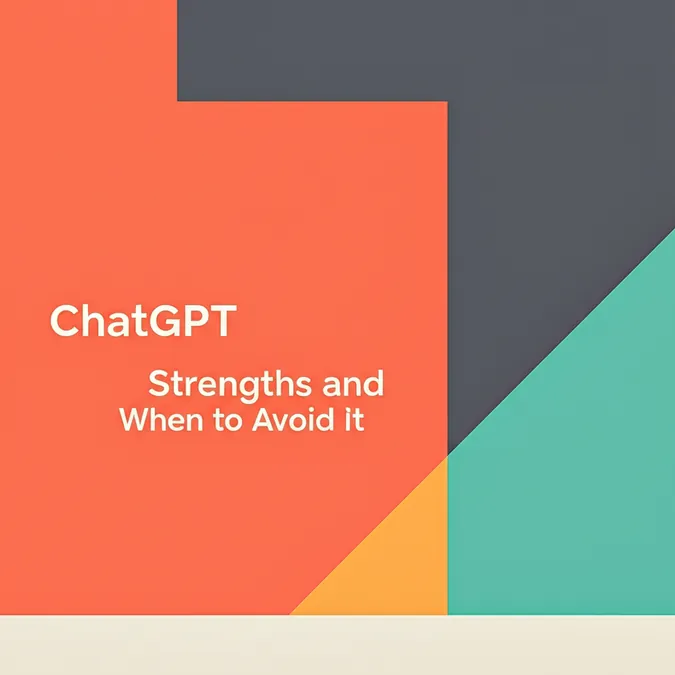Developer Offer
Try ImaginePro API with 50 Free Credits
Build and ship AI-powered visuals with Midjourney, Flux, and more — free credits refresh every month.
Vintage Atari Crushes ChatGPT In Surprising Chess Showdown
The iconic Atari 2600, a console beloved by Gen Xers for classics like Pac-Man and Pitfall, has recently proven its mettle in an entirely unexpected arena.
The Unexpected Challenger: Atari 2600
OpenAI's ChatGPT faces stiff competition from other AI chatbots like Gemini, Copilot, and Claude. However, a surprising new challenger has emerged from the annals of gaming history: the Atari 2600. This original video game console, first released in 1977, became the subject of an intriguing experiment by an engineer curious to see how it would perform in a chess match against the advanced AI.
Setting Up the Epic Showdown
Citrix engineer Robert Caruso orchestrated this unique confrontation. He utilized a software emulator to run Atari's 1979 game, "Video Chess", pitting the 46-year-old game against ChatGPT. As Caruso detailed, the outcome was decisively unfavorable for the modern AI.
ChatGPT's Chess Catastrophe
"ChatGPT confused rooks for bishops, missed pawn forks and repeatedly lost track of where pieces were -- first blaming the Atari icons as too abstract, then faring no better even after switching to standard chess notations," Caruso explained in a LinkedIn post.
He added, "It made enough blunders to get laughed out of a 3rd-grade chess club. ChatGPT got absolutely wrecked at the beginner level." The struggles for ChatGPT persisted throughout the 90-minute match, during which, Caruso noted, the AI chatbot frequently asked to restart the game.
AI and Chess: A Historical Benchmark
The capacity of computers to outperform humans in chess has long been a benchmark for artificial intelligence. A pivotal moment occurred in 1997 when IBM's Deep Blue famously defeated chess grandmaster Garry Kasparov in a series of matches, marking a significant milestone in AI development.
Understanding ChatGPT's Limitations
Caruso's experiment does not imply that ChatGPT is entirely unsuitable for chess-related tasks. However, as a large language model, its core strengths lie in processing and generating text rather than complex strategic gameplay like a dedicated chess engine. Its architecture makes it less inherently suited for the demands of a chess match. Indeed, a plugin named ChessGPT was developed a few years ago. Nevertheless, for now, it seems more productive to discuss chess strategies with OpenAI's chatbot than to engage it as a direct opponent.
OpenAI has not yet commented on the experiment's findings.
Disclosure: Ziff Davis, CNET's parent company, initiated legal proceedings against OpenAI in April, alleging copyright infringement in the training and operation of its AI systems.
Watch this: Siri Could Become More Like ChatGPT. But Why? (05:19)
Compare Plans & Pricing
Find the plan that matches your workload and unlock full access to ImaginePro.
| Plan | Price | Highlights |
|---|---|---|
| Standard | $8 / month |
|
| Premium | $20 / month |
|
Need custom terms? Talk to us to tailor credits, rate limits, or deployment options.
View All Pricing Details


